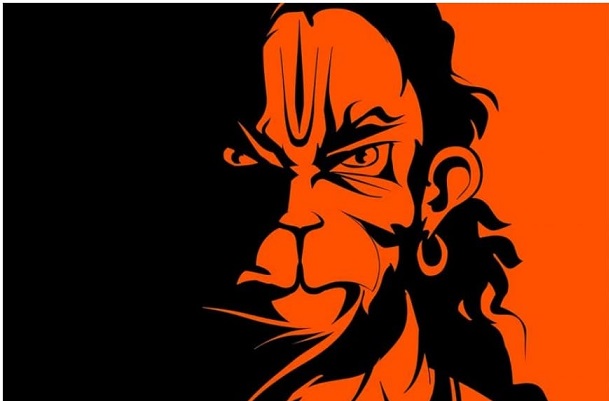I once heard Salman Rushdie say: “I might be indifferent to religion but if it acts as a balm to billions, who am I to quarrel with.” This is a perfect position for both atheists and non-atheists; believers and non-believers. devotees and rational. If you can’t help or console humanity, a majority of whom are without power or hope, the last thing you ought to do is to hurt the faith which allows them to live by.
The only set who wouldn’t agree to this position are artistes. They are a different breed. They argue, they question, they debate and we all feel it’s for our advancement. There is no harm if dogmas are revisited. A faith reformed is a faith purified. It’s rationality. The problem occurs when your are not out to cleanse the faith. It’s to use your art to abuse the faith. Messenger, instead of message, becomes your target.
Unfortunately, it pays. More in the case against the Hindus than say Muslims or Christians. If you take liberty against Muslims and their faith—dare even sketch a portrait of Prophet Muhammad—it’s unlikely you would see the next day. The retribution is swift. Charlie Hebdo isn’t the sole instance. But against the Hindus—you could slap at their Hanuman; call a “kutiya” (bitch) a Savitri; term “Chitrakoot” as “Paatal Lok”; show them genocidal—and its’ artistic license. Worse, it ensures raving reviews and 10-serial contract with the new beasts in town: The Over The Top (OTT) platforms.
The OTT platforms are your Netflix and Amazon; Voot and Hotstar etc. The stream straight into your living rooms. There is no censorship. It doesn’t come under the CBFC (Central Board of Film Certiication) or the Cinematograph Act of 1952. Profanity passes off as gritty dialogues; sex scenes are watched together by both father and daughter, one skirting his eyes, the other holding her breath; a young kid bemused why the “uncle” on the screen finds a young boy in his mirror-image so tempting.
This is my third piece on the matter. One was on Leila, last year, a futuristic tale of Hindus in ethnic cleansing. The second was Paatal Lok which filled me with disgust. Now it’s on Chippa where an old man is narrating how his grandma once slapped “Hanuman” and the latter “sar jhukai. dum dabai, ae bhaaga (bowing his head, tail between his legs, he scampered for safety). All three have been streamed on Netflix in rapid succession.
@netflix
Netflix webseries are always against Hindus.In this series they used hate speech against our God Shri Hanuman ji.
This series must be band form Netflix
Movie name= chippa#netflixhateshindu pic.twitter.com/gaJrKPH3EO
— Neeraj (@RahulDh38659199) June 9, 2020
Twitteratis this morning were outraged at Chippa. Predictably, excuses came up: “Langaurs in Bengal are called Hanumans”; or “A specie of monkeys in India is called Hanuman.” Rebuttals came that “if so, why a man is seen kicking a kid while reading Hanuman Chalisa in Chippa;” or “If true in Bengal; why use this truism for rest of India?” Surely, two million Hindus of Bengal isn’t the same thing as 1000 million other Hindus in rest of India.
It’s easy to understand the motive. Such artistic liberties secure a platform, ensure good reviews and probably a 10-series contract from an OTT outlet. Guaranteed profits. Secured careers. Unlike Muslims, Hindus are unlikely to walk into the Mumbai office of Netflix and spray bullets. Their impotent outrage on the social media—for no mainstream media gives a hoot to Hindu sensibilities—actually drives up the viewership. India’s OTT market would be worth $5 billion in 2023, as per Boston Consulting Group. Netflix has reported a 30% hike in their viewership during these pandemic months. Be pretty sure also they are not taxed either by the Indian government.
Not that Information and Broadcasting ( I & B) ministry hasn’t stirred. Just before lockdowns, a notice had gone to these OTT platforms in March to standardize their code of conduct and set up an adjudicatory body. China, France, Singapore all enforce it. However, in a meeting which the minister Prakash Javadekar summoned in his office, to abide by the rules of the Digital Content Complaint Council (DCCC), predictably, Amazon Prime refused. Netflix asked for extra weeks to firm up their mind. Others, such as Hotstar, Voot etc have come on board.
The OTTs hiding behind censorship is a joke. It can’t overrule what the courts in India find outrageous in light of the Constitution. You can’t be promoting religious violence or show barely-concealed pornography in the name of artistic licence. And if you could, dare and do it against Islam. You know as well as I do, you won’t. Between money or a hole-in-the-chest, the choice is not too difficult.


